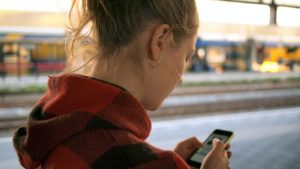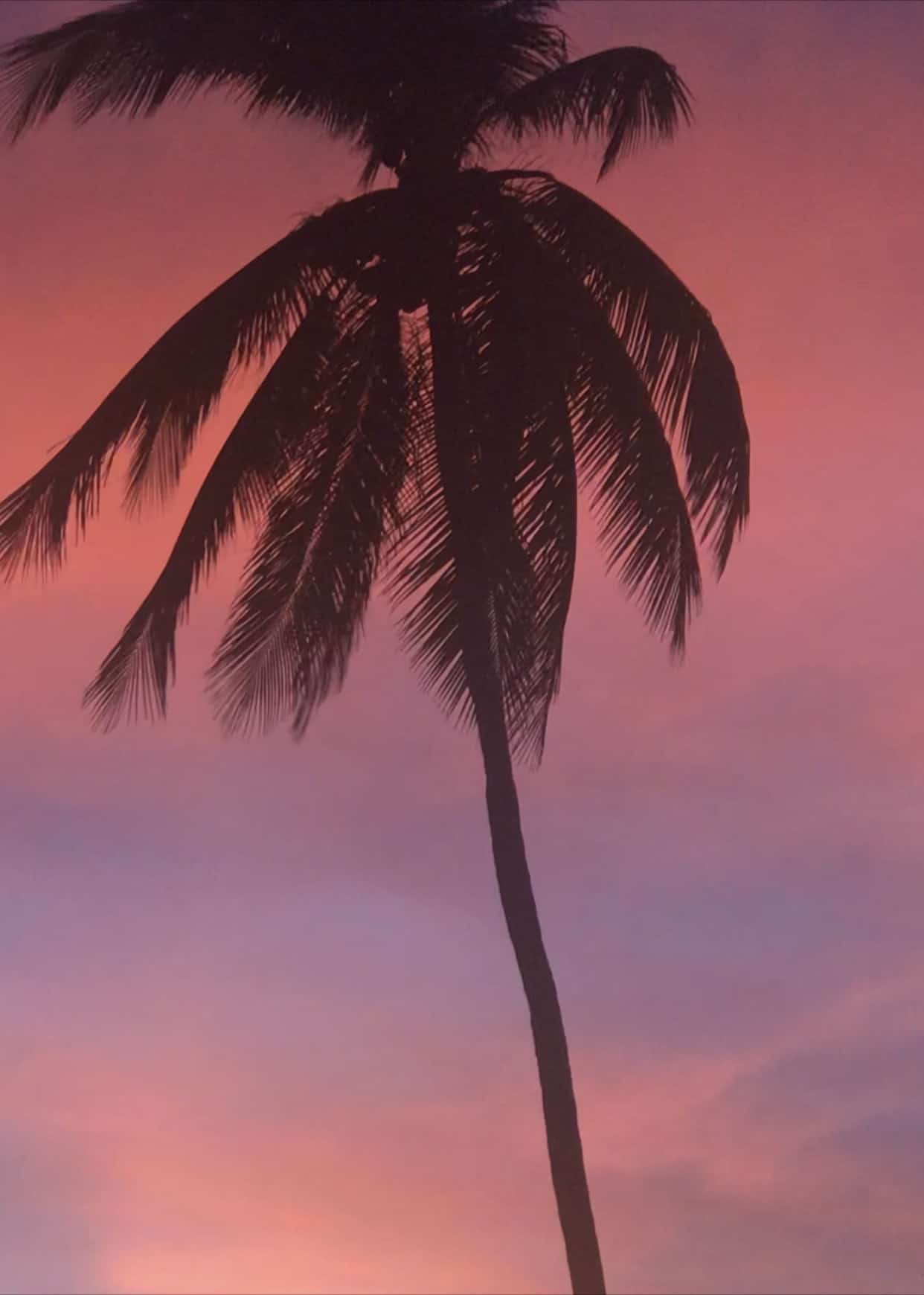In the quiet moments of solitude, where the weight of unspoken emotions often feels overwhelming, some find solace in creative expression. For Um e Ammara, writing became a beacon of light in the midst of darkness. As an introverted soul navigating the complexities of clinical depression, Ammara turned to poetry to voice what was too heavy to share aloud. Her book, Closed Doors, serves not just as a collection of heartfelt verses but as a companion through the highs and lows of life. In this interview, Ammara opens up about her journey from suffering to healing, the challenges she faced while penning her story, and the transformative power of art in her life. Through her words, she invites us to explore the profound connections between mental health and creativity, offering hope and encouragement to those who may feel alone in their struggles.
1.What motivated you to start writing as a way to cope with your emotions and experiences?
I’m an introvert person with not much friends and people around me to hear me. I don’t have any good listener around me or maybe I’m too afraid to open up before someone. That’s why I started writing about my emotions. I shared everything with my diary in form of poetry. After sharing it feels like the burden of emotional is lifted up and it feels really light.
2.Can you share a specific moment or experience that had a significant impact on your writing process?
I was going through clinical depression and hallucinations. When nobody believed in me that whatever I’m seeing really exists Infront of me that I’m not lying. That was a very first moment when I picked up my pen and jotted down my feelings on paper.
3.How did writing your book, “Closed Doors,” help you in your journey from suffering to healing?
There was a phase in my life when I was completely alone and there was also a phase when I was surrounded by people. Like in every person’s life there are phases of happiness and sadness, in both phases there was a pen in my hand. So, instead of explaining it to people that how it feels I shared everything with my book. You can consider “Closed Doors” as my best friend in every dark and light phase.
4.What challenges did you face while writing your book, and how did you overcome them?
I live in a backward village where mother tongue of every person is Punjabi and as I live in Pakistan so our secondary language is Urdu. So, writing a book in English with no strong English background was a challenge. So, to overcome it I worked a lot on my grammar, English and vocabulary by reading books and articles and listening to different podcasts.
5.How do you manage and process your emotions through your writing?
It’s a gift from God like when you pick up the pen for writing something everything automatically lines up in your brain and you start getting flash backs of everything that disturbs your natural peace of brain. So, I vent on on paper my every emotion.
6.In what ways has your book resonated with others who might be going through similar experiences?
There are people who are going through a lot of stuff but afraid of speaking about it, they can relate to my book and they’ll find it a very good companion in their journey of healing.
7.How do you address and overcome feelings of vulnerability when sharing your personal stories through your writing?
There’s a natural limit in everyone’s brain that they can vent on but upto certain limit. Writing poetry is a beautiful art of handling and conveying your emotions without getting vulnerable like someone is listening to you and after conveying the whole story uh feel as light as paper.
8.What role does mental health play in your creative process?
When people stop understanding your behaviors and those slight changes in your behavior you start expressing that thing through your creativity it’s either through writing or making art. Mental health plays a huge role from creation to extinction of art.
9.Can you describe a moment of breakthrough or realization that came to you during the writing process?
There was a sudden moment of realization that jolted down my mind that I’m left with only a few people around me in this whole universe and I can’t lose them and I’ve to take care of them instead of them taking care of me .
10. How do you balance your writing with other aspects of your life?
I’m an auditor by profession. I used to write when it feels like something is going on in my brain and I’ve to jot it down to set myself free of that thing and that rarely happens. So, i can get a lot of space for myself to balance my writing and work life.
11.What advice would you give to other introverts who might find it challenging to express their emotions?
I’ll advice them to don’t hesitate in expressing what you’re feeling. Whatever happening to you don’t stay silent on it, if you can’t share with someone just write it down on paper or express it through your art and creativity and set yourself free from the cage of your brain.
12.How has the response to your book affected your perspective on sharing personal stories?
It was a really positive response from all over the world on social media, people can relate to whatever I’m trying to convey to them. It really positively affected my perspective of sharing. Like people can accept you for who you’re you don’t have to change yourself to make others happy. There are good people too in the world who listens to you without judging.
13.What are some self-care practices you engage in to support your mental well-being while writing?
I’m an artist too and I do art as a therapy, I do write as a therapy. I’ve a lot of plants at my home, watching them growing is also a therapy. Offering yourself a good cup of tea and snacks while writing and making a painting for yourself and writing a poem on yourself is all part of self care.
14.What future projects or plans do you have after “Closed Doors”?
I’m working on another book, I haven’t named it yet but there are some poems and proses I’ve written to add in that book.
15.What message or takeaway do you hope readers will gain from your book?
The message that time and tide changes for everyone. Time can’t stay constant for you. A time will come in your life too when you’ll find a right pathway and you will heal. We all have to go through phases to get refined at the end like diamond. Everything you’re going through is not all in vain it’s a part of your learning and healing. So let’s heal together.
IG: @um.e._ammara
Pinterest: www.pinterest.com/umeAmmara123/
LinkedIn: www.linkedin.com/in/um-e-ammara-834852231/






